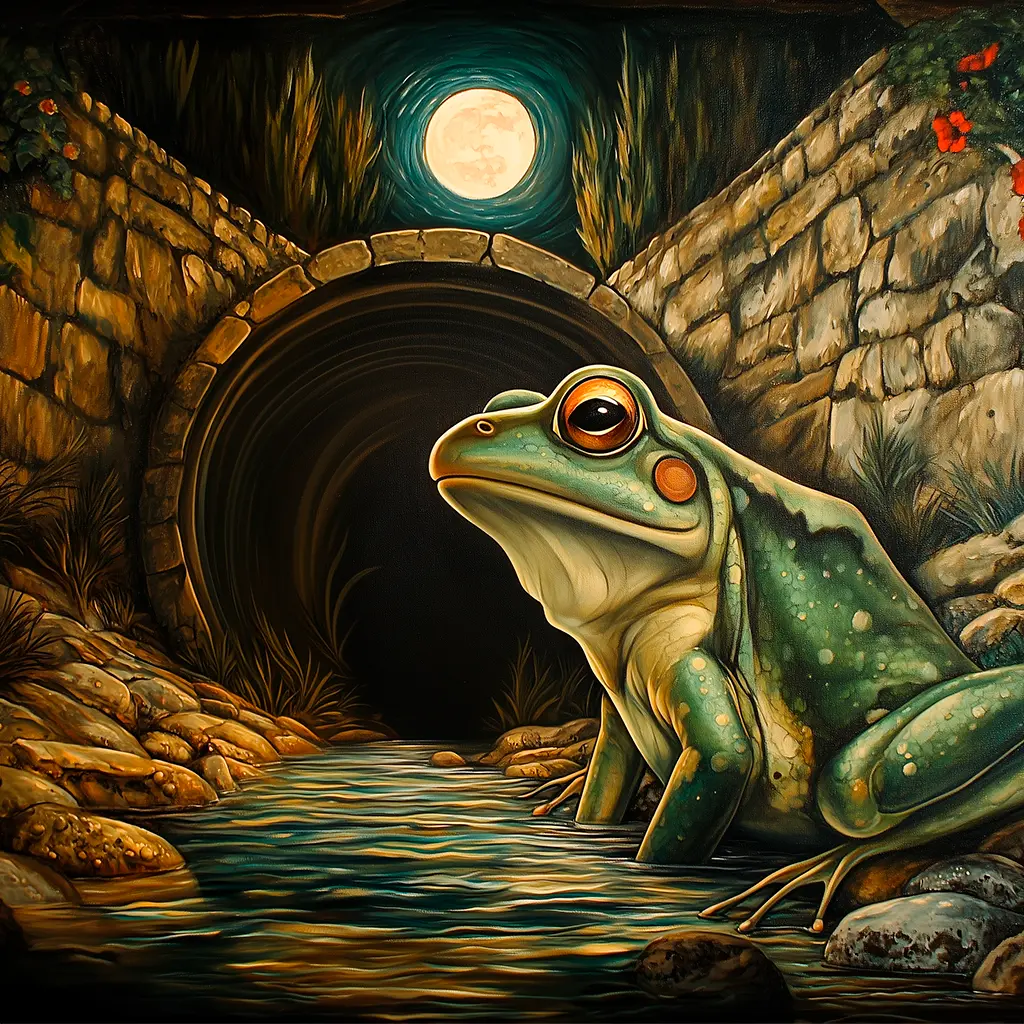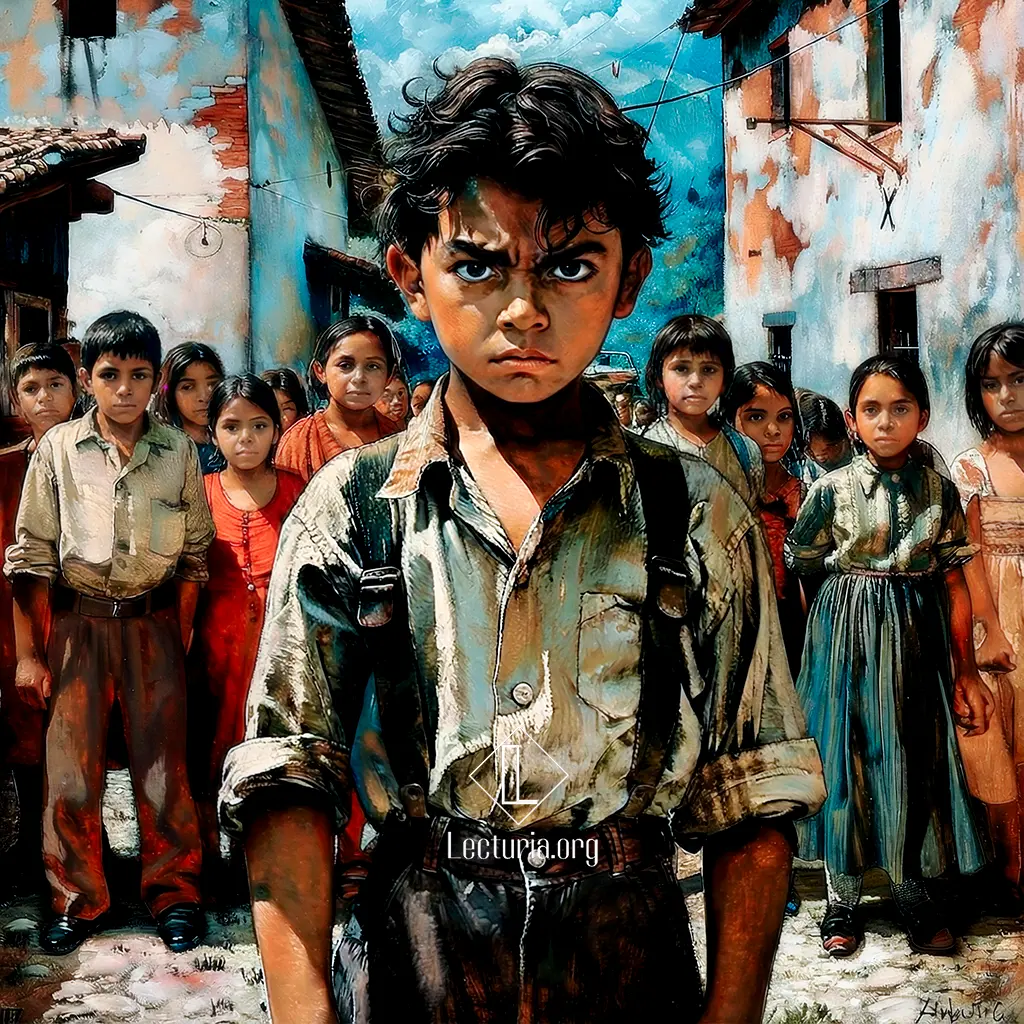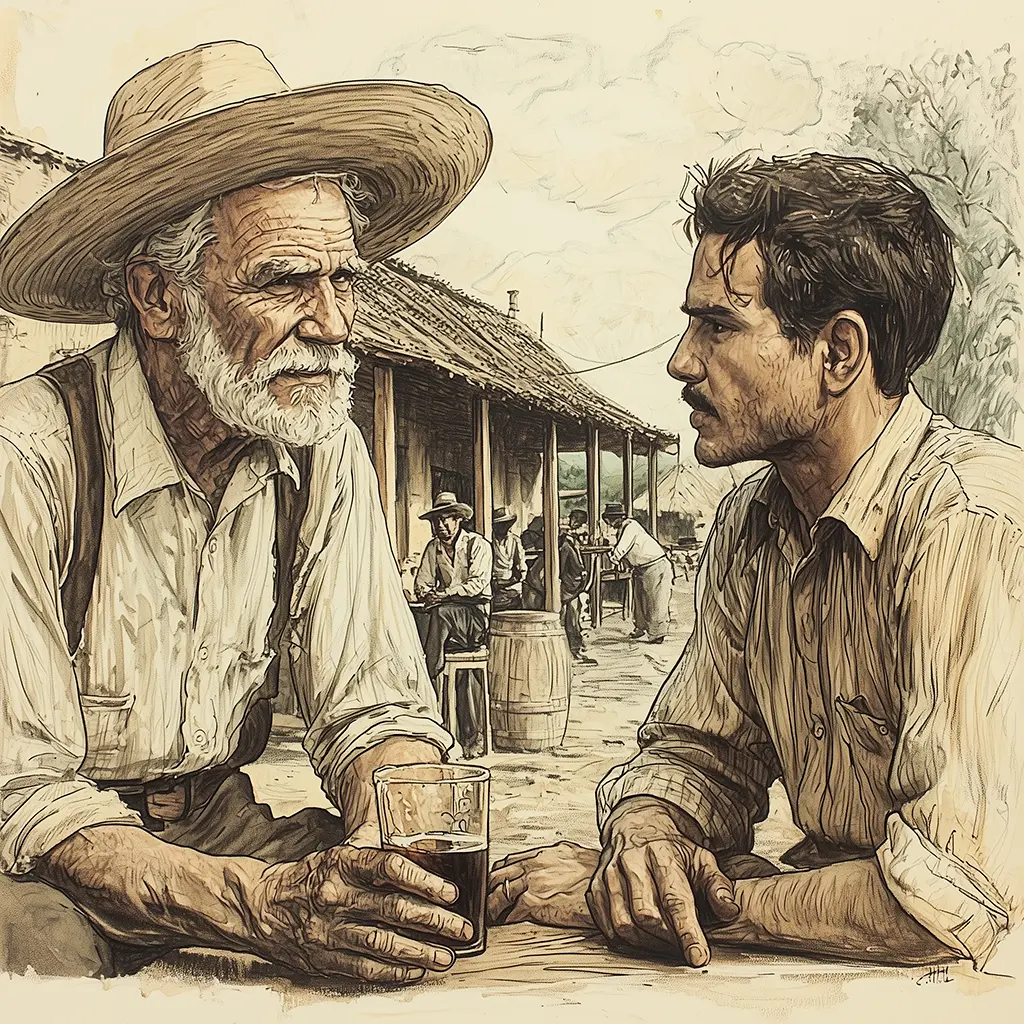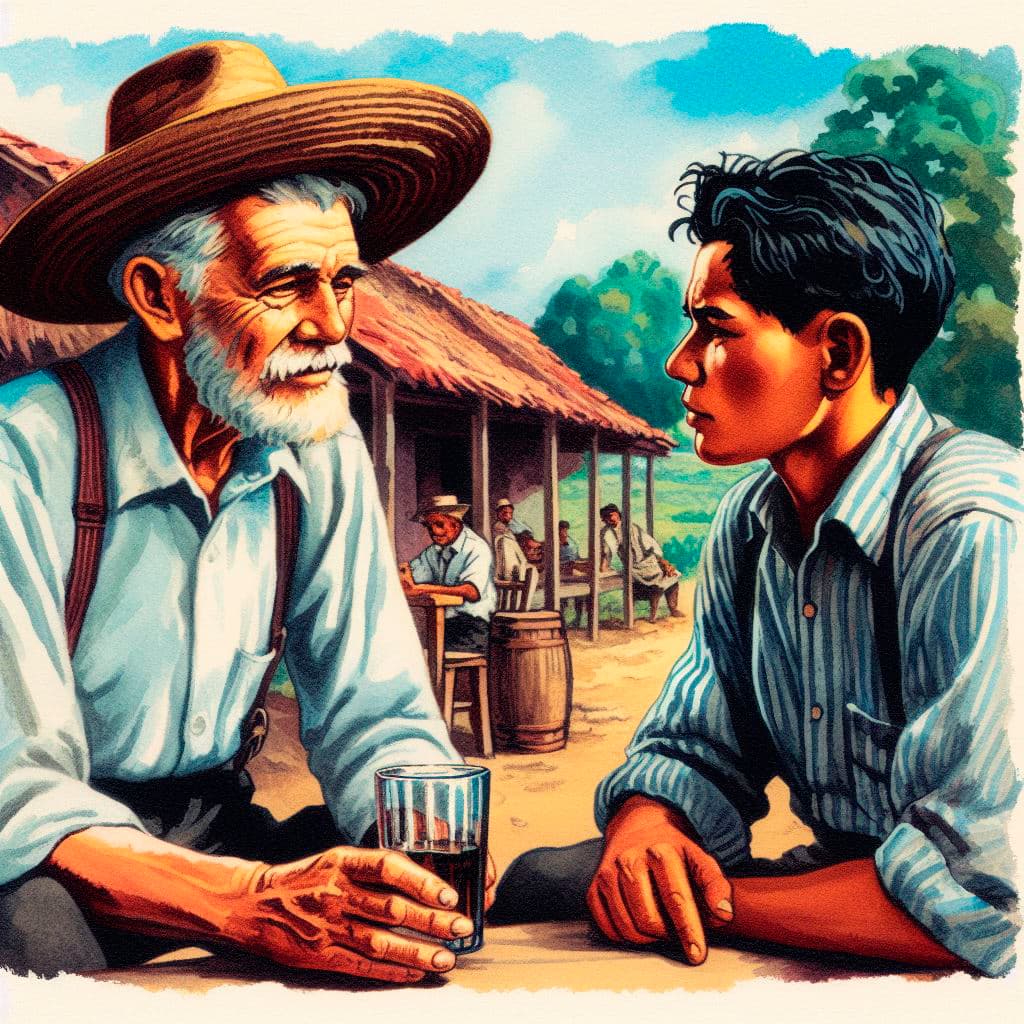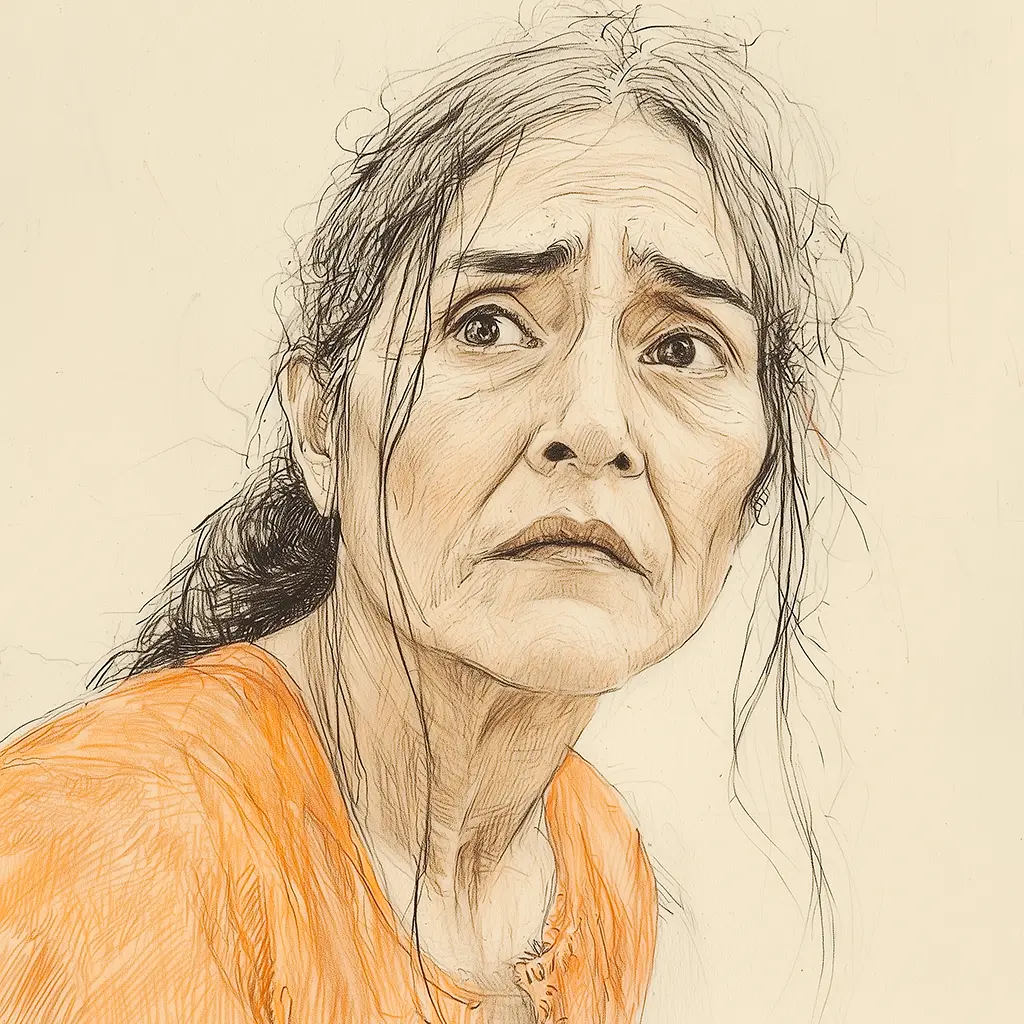Juan Rulfo: Macario
“Macario,” a short story by Juan Rulfo included in El llano en llamas (1953), is an intimate narrative that immerses us in the world of a young man with an intellectual disability under the care of his godmother. Caught between violence and tenderness, Macario finds solace in his relationship with Felipa, an alternative maternal figure. The narration captures his daily struggle, his simple desires, and his peculiar view of life, offering a window into his deepest thoughts and his marginal existence.
